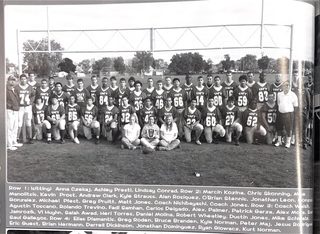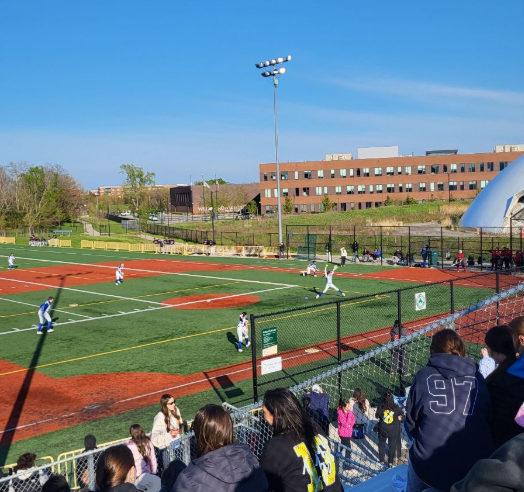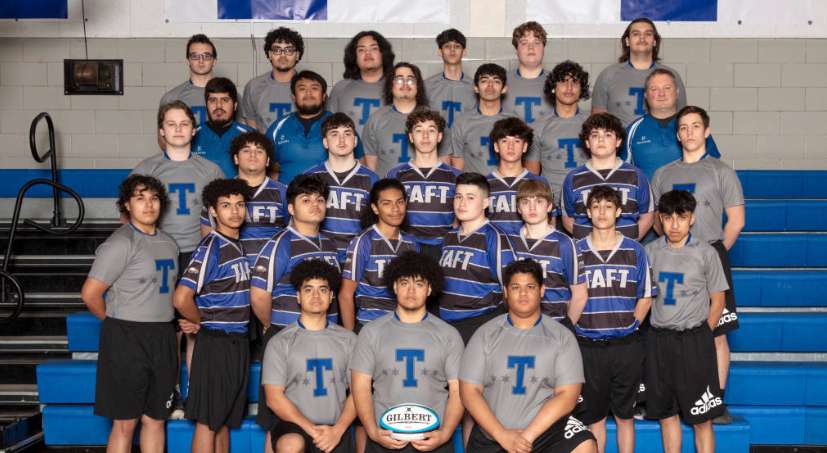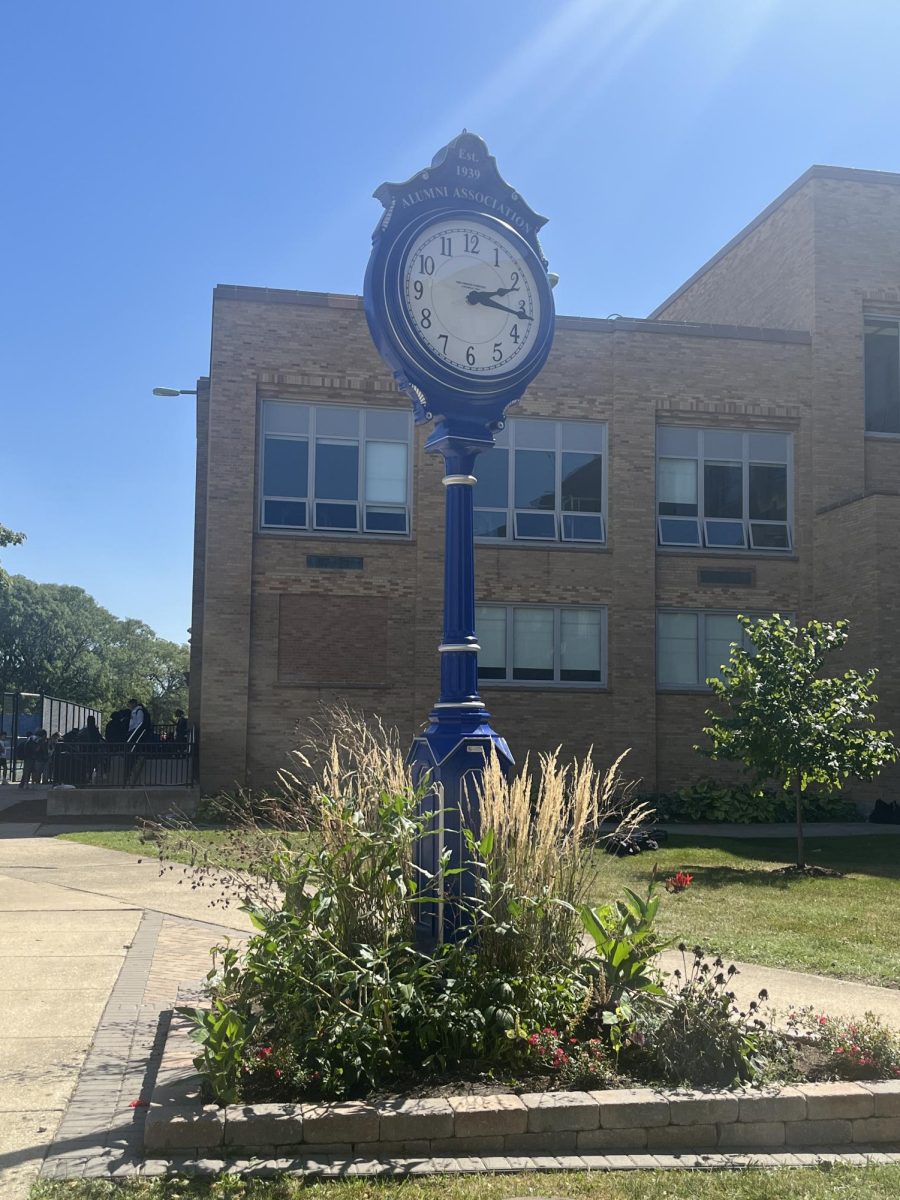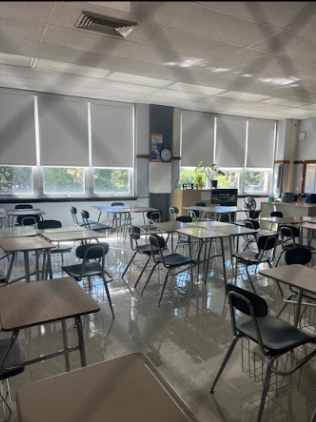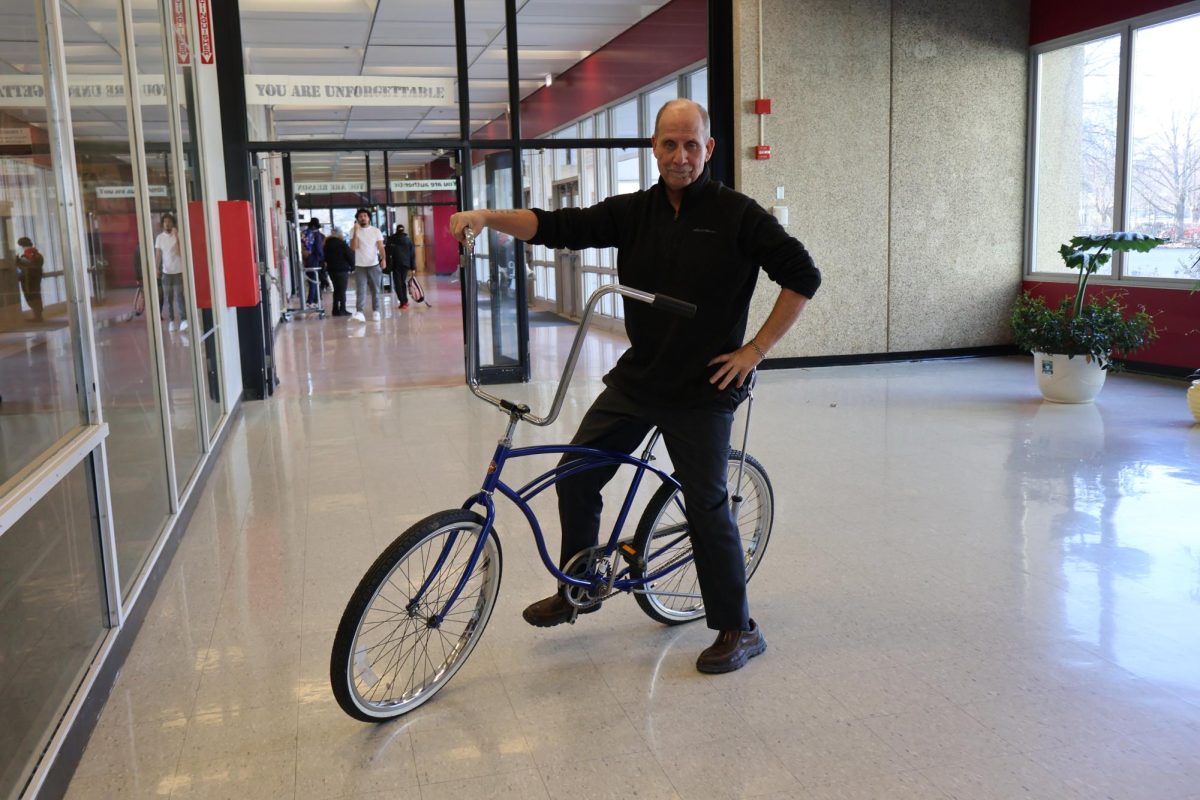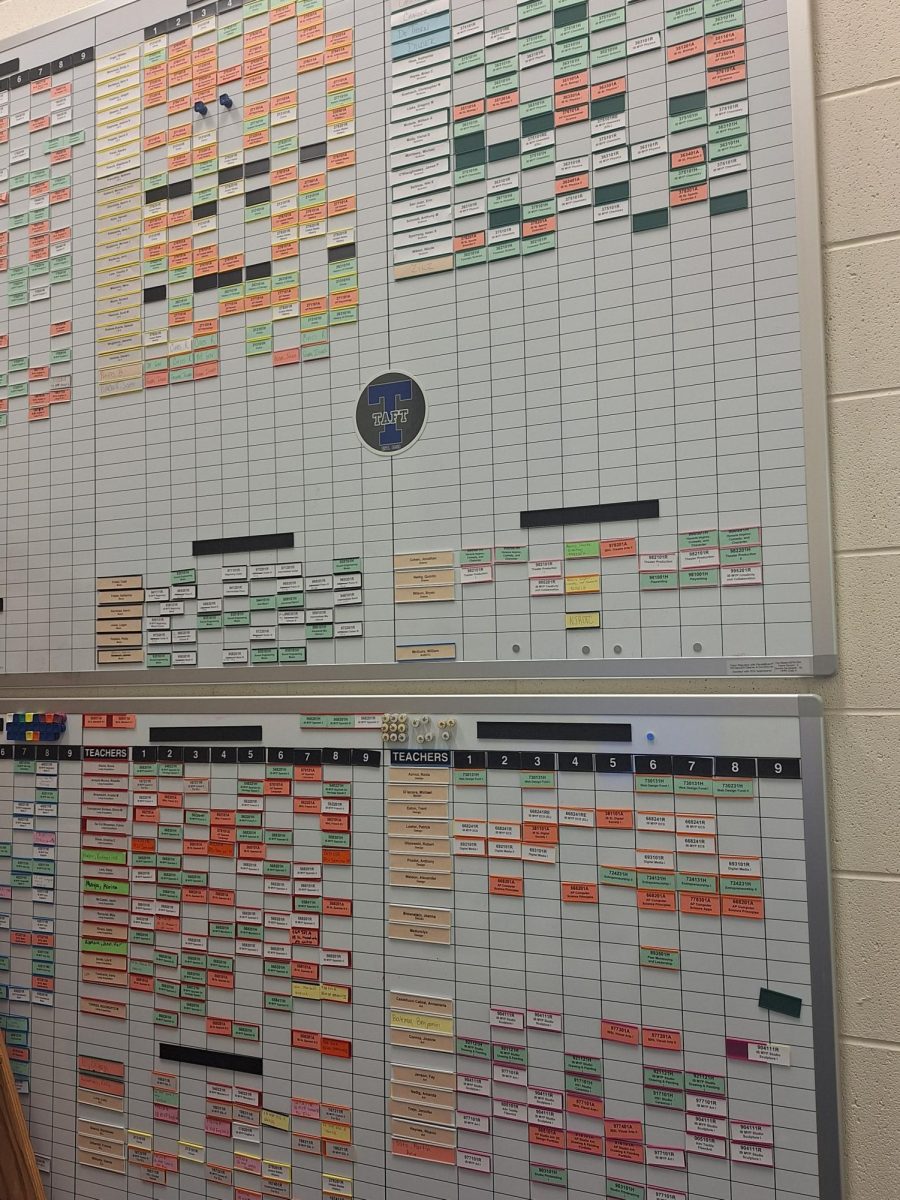A new late work policy has been put in place for Taft starting at the beginning of second semester. Under the new policy, students have exactly three days to turn in an assignment past its due date to still receive full credit. This is a big change from being able to turn in work at the end of the unit.
The change in the late work policy came from an agreement between teachers and members of staff. “We already saw a dip in grades…Collectively there was a call for us to revise our grading policy,” said Assistant Principal Ryan Glowacz.
The previous late work policy existed to give students accommodations and flexibility that they may have needed during and after the pandemic. “We could recognize that there were different outcomes for different groups of students,” said Glowacz.
However, there was concern for how this old policy affected students’ learning. “There are some unintended consequences of having a policy where you can turn in late work at the end of the unit without penalty…A good number of students got in the habit of turning things in at the end of the unit,” said Glowacz.
Attendance may have also been a concern. “Kids sometimes don’t go to class connecting to this policy,” said Glowacz.
The new policy seeked to fix many of the issues that the old policy had through giving students a stricter deadline. “I think it is going to improve their learning…It’s helping you meet the deadlines,” said Glowacz.
Students turning their work in earlier can give them crucial feedback that they would otherwise not have gotten if they waited until the end of the unit. It would also help them better prepare for tests.
“The reason teachers assign work in the middle of the unit is to reinforce the skill or concept that you are learning and then you get feedback on it…If you are turning everything in at the end of the unit, you get no feedback, you can’t use the feedback on the summative,” said Glowacz.
Even though students have much less time to get full credit for their assignments, there is still wiggle room left. “We still had to be flexible…If you have accommodations, you have a day or two extra,” said Glowacz. Even if something comes up, students will still have three days past an assignments due date to get credit for their work.
Overall, this new policy will aim to improve the performance and learning of students. “I think it is going to improve their learning,” said Glowacz.
If students’ performance suffers due to the new policy, there is room to change it. “We always track that and if we need to make a change,” said Glowacz.
Mixed feelings about the policy have been expressed. Teachers, students, it affects everyone. “I’ve been staying up late constantly catching up on homework, I’m constantly slammed,” said Hailey Christianson, Taft junior. Being slammed with homework is never a good thing, but what about the students with jobs?
“I wish they would have waited till next year to put the policy in effect. Having a job and tackling junior year is exhausting and now I don’t get credit for work that I do unless I turn it in within three days…Taft doesn’t understand people have lives outside of school,” said Aaron Gomez, Taft junior.
With the policy cutting down on late work acceptance everyone has to buckle down and get serious about school. “Get a planner,” said Christianson, when asked how she is going to finish her work on time.
“It makes me nervous, I’m used to having some breathing room with turning in work but now I have to get it done almost immediately or else it wont get graded,” said Christianson.
This new policy cracks down on the indolence of students not going to class and not turning in work on time. It will most definitely be a wakeup call to some.










